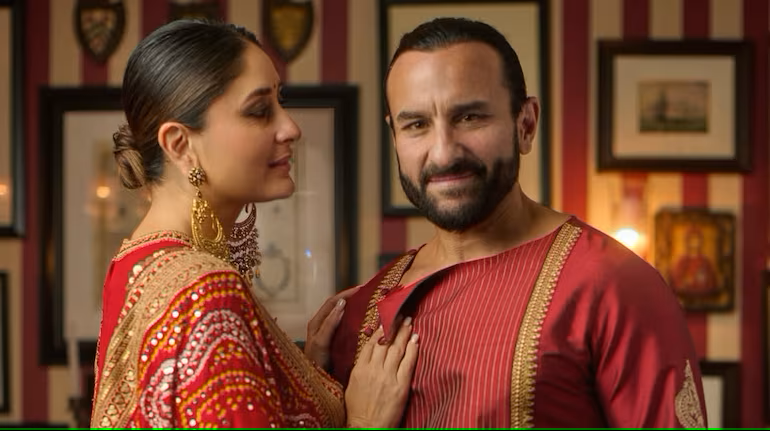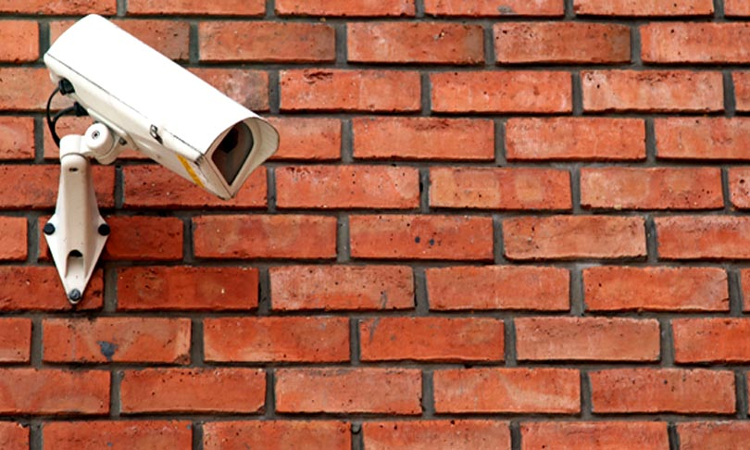
Ashwini Vaishnaw Urges Fair Compensation as Indian Media Faces Digital Disruption
Union Information and Broadcasting Minister Ashwini Vaishnaw has called for meaningful dialogue to address the pressing challenges faced by traditional media as it shifts into the digital age. Speaking at the Digital News Publishers Association (DNPA) Conclave 2025, Vaishnaw assured the government’s readiness to provide full support during this crucial transformation period. As digital platforms grow alongside established formats like newspapers and television, Vaishnaw emphasized the urgent need to protect jobs, safeguard intellectual property, and ensure journalists are fairly compensated for their work. He encouraged media leaders to propose clear policy measures to navigate this evolving landscape. One of the central concerns raised is the unauthorized use of news content by artificial intelligence companies. With global lawsuits emerging against firms like OpenAI for using copyrighted journalism to train AI systems without compensation, Vaishnaw’s remarks come at a pivotal moment in the debate over protecting original content in the digital economy. What began as disputes with social media giants over revenue sharing has now expanded to include AI platforms. Publishers worldwide are pushing for fair payment structures, while some tech companies have responded with threats to remove news from their services if stricter regulations are enforced. I&B Secretary Sanjay Jaju echoed these concerns, warning that without a fair revenue model, the sustainability of independent journalism in India could be at serious risk. He pointed to the rising threats of misinformation and sensational content, which undermine public trust and democratic values. Jaju also criticized the current use of "safe harbour" provisions under India’s Information Technology Act. While designed to shield platforms from liability, these protections are increasingly seen as loopholes allowing tech companies to avoid responsibility for harmful content. Globally, there is a growing push to revisit these legal frameworks. Many argue that digital platforms must take greater accountability to prevent misinformation and protect the integrity of news, rather than acting only after problems arise. Vaishnaw concluded by reaffirming the government's commitment to guiding the media through this period of change. He urged stakeholders to collaborate on actionable policies that safeguard journalistic standards while ensuring the financial health of the industry. As India navigates this critical shift, cooperation between media companies, policymakers, and technology providers will be essential to building a future where credible journalism thrives within a fair and balanced digital ecosystem.






